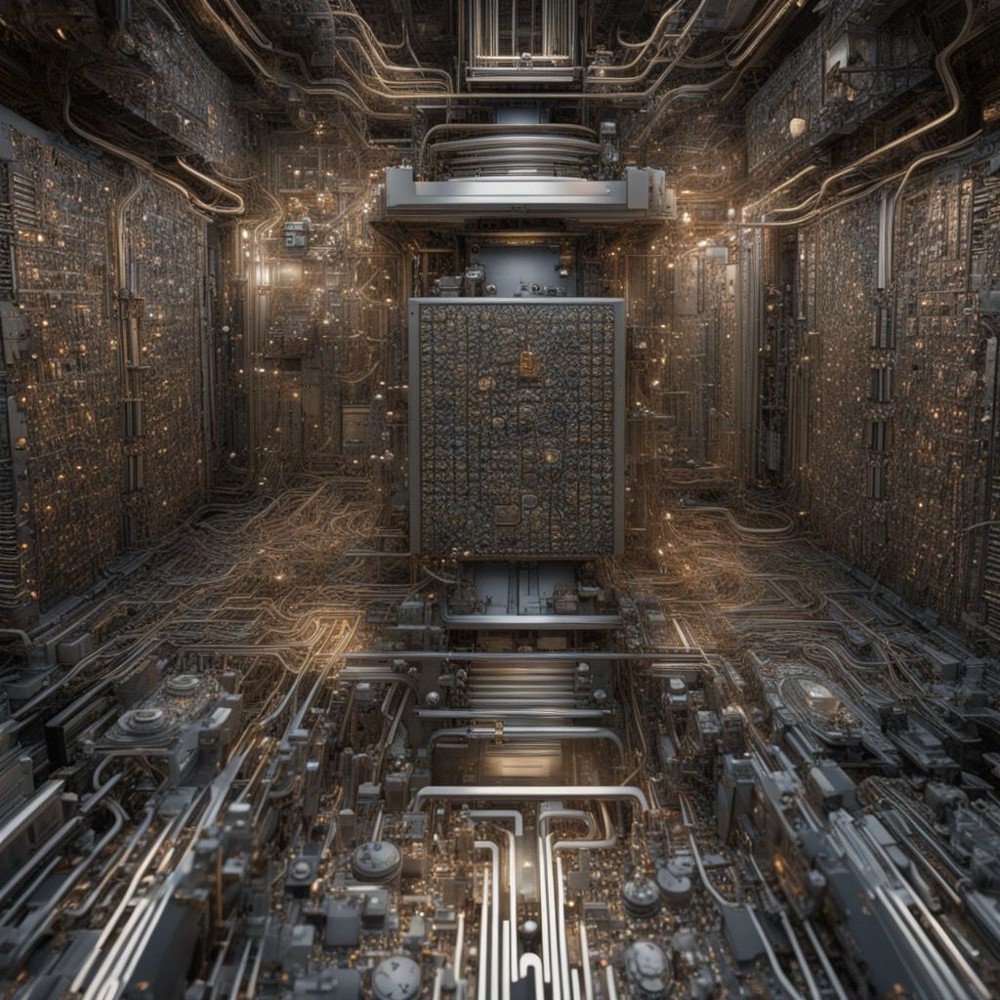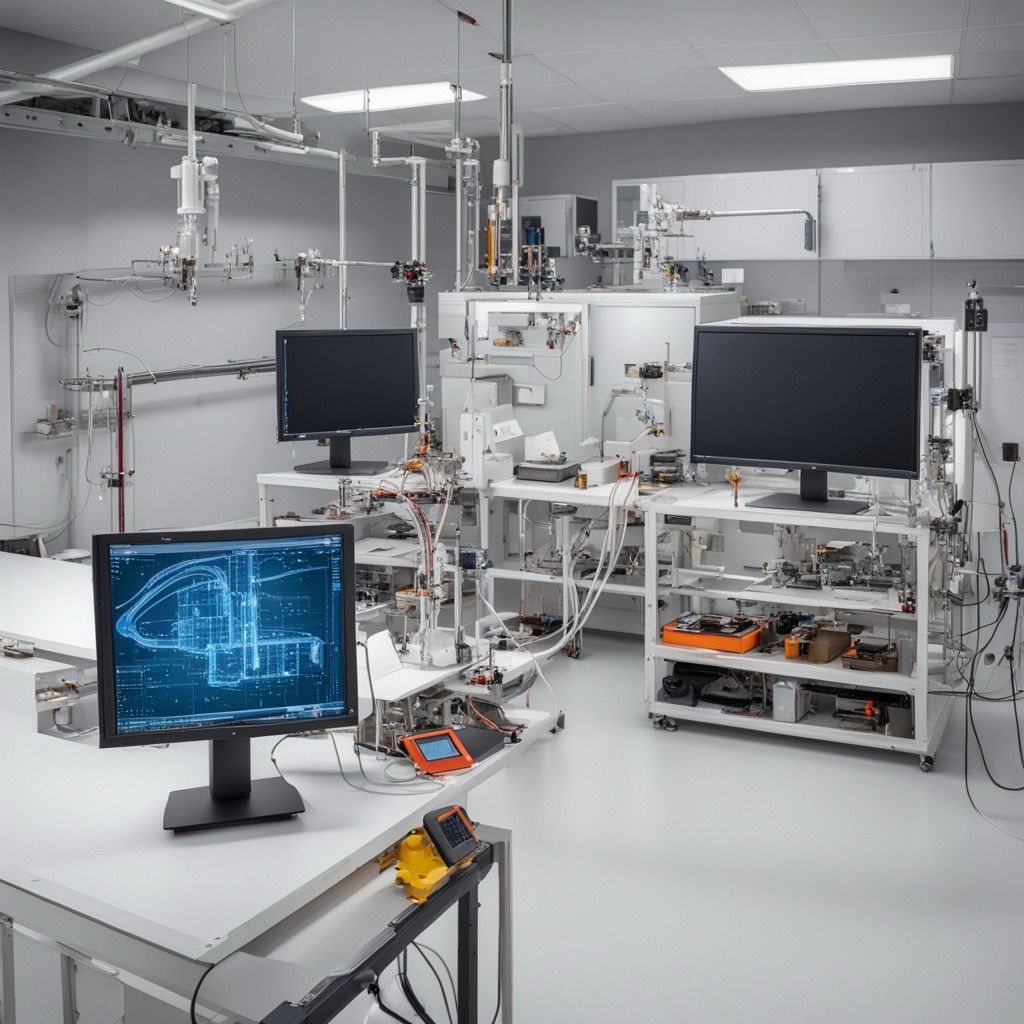Published: 4 months ago

Technology
Science
Summary
Ladies and gentlemen, welcome to the fascinating world of quantum computing. Today, I'm going to take you on a journey through the inner workings of this revolutionary technology and show you just how it differs from traditional computers.
Article
Picture this: a regular computer can process information at a speed of about 100 billion operations per second. Sounds impressive, right? Well, hold onto your hats because quantum computers can perform a mind-boggling 100 trillion operations per second. Yes, you heard that right - quantum computers are on a whole other level.
But how exactly do these revolutionary machines work? Let's start with the basics.
A quantum computer operates using the principles of quantum mechanics, which are vastly different from the principles that govern traditional computers. Instead of using binary bits to store and process information, quantum computers use quantum bits, or qubits.
Now, you may be wondering, what exactly is a qubit? Well, a qubit can exist in multiple states at once, thanks to a phenomenon known as superposition. This means that a qubit can store and process a vast amount of information simultaneously, making quantum computers incredibly powerful and efficient.
In addition to superposition, quantum computers also leverage another principle of quantum mechanics called entanglement. When qubits become entangled, the state of one qubit is instantaneously linked to the state of another, regardless of the distance between them. This allows quantum computers to perform complex calculations and simulations with unparalleled speed and accuracy.
Now, let's compare the cost of a quantum computer to that of a traditional computer. While quantum computers are still in the early stages of development, they are currently much more expensive to build and operate than traditional computers. This is primarily due to the exotic materials and specialized equipment required to manipulate and control qubits.
However, as research and development in the field of quantum computing continue to advance, the cost of building and operating quantum computers is expected to decrease significantly. In fact, many experts believe that quantum computers will eventually become more cost-effective than traditional computers, especially for tasks that require massive parallel processing and optimization.
Now, let's dive deeper into the technical side of how a quantum computer actually works. Quantum computers rely on a process known as quantum gate operations to manipulate and process qubits. These operations involve applying quantum gates, which are mathematical operators, to qubits in order to perform calculations and simulations.
One of the most common quantum gate operations is the Hadamard gate, which places a qubit into superposition by rotating it along the X, Y, and Z axes simultaneously. Another important gate operation is the CNOT gate, which entangles two qubits by flipping the state of one qubit based on the state of another.
In addition to gate operations, quantum computers also utilize quantum algorithms to solve complex problems and simulate quantum systems. One such algorithm is Shor's algorithm, which can factor large numbers exponentially faster than any classical algorithm. This has important implications for cryptography and cybersecurity, as quantum computers have the potential to break many of the encryption schemes currently in use.
Quantum computers are a revolutionary technology that operate on the principles of quantum mechanics, allowing them to process information in ways that are impossible for traditional computers. While quantum computers are currently more expensive to build and operate than traditional computers, ongoing research and development in the field are expected to drive costs down and make quantum computing more accessible in the future.
Thank you for joining me on this journey into the world of quantum computing. I hope you now have a better understanding of how quantum computers work and the immense potential they hold for the future of computing and technology.
No opinions exist on this article yet!
Be the first one to share an opinion on this article.
This article does not have any attachments.
No Access
Share access to start recording your opinion










